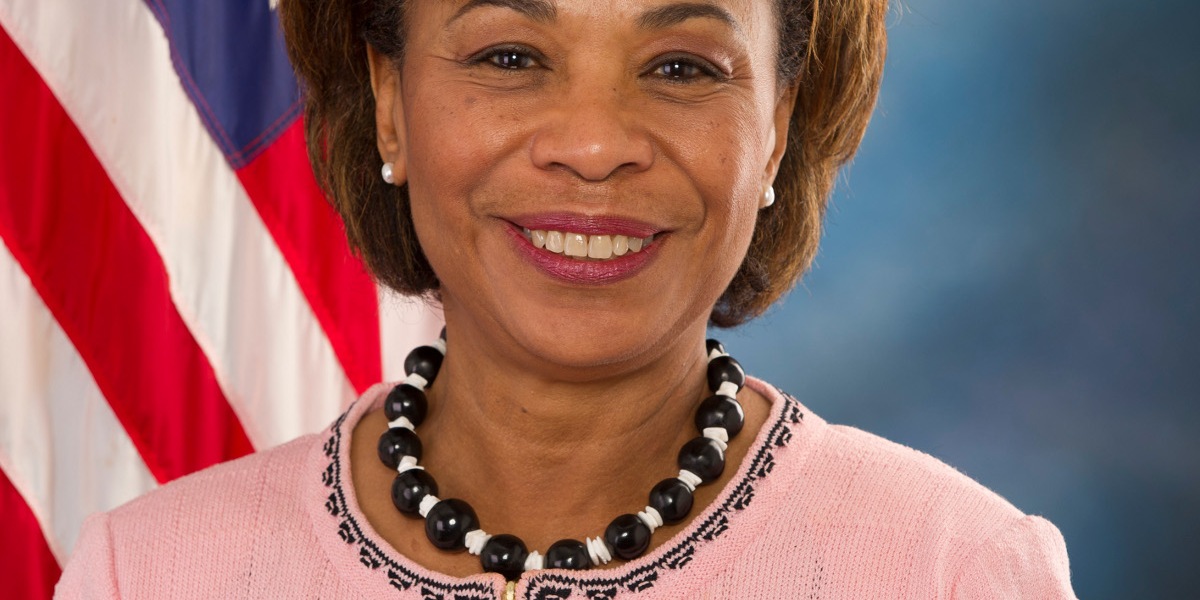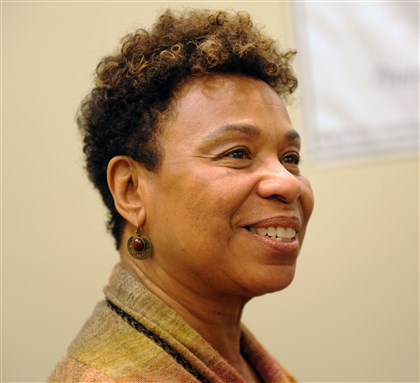
By Tom Hayden
Democracy Journal
April 21, 2016 - Rep. Barbara Lee has introduced a House Resolution (H.Res.695) recognizing the Vietnam anti-war movement as, “one of the largest and most prolonged efforts to achieve peace and justice in recent generations and was critical to bringing an end to the war.” Rep. John Conyers became a co-sponsor as an effort begins to seek endorsements from other congressional representatives.
The Lee resolution is a direct result of last year’s May 1-2 commemoration of the movement at a conference in Washington DC.
 The peace resolution will draw the ire of Republicans and reluctance of some Democrats. The Vietnam peace movement is the only Sixties movement that has been marginalized instead of memorialized. Yet it was a life-changing experience for many during the war, including thousands of soldiers and veterans, and the US government has tried to stamp out what they call “the Vietnam Syndrome.”
The peace resolution will draw the ire of Republicans and reluctance of some Democrats. The Vietnam peace movement is the only Sixties movement that has been marginalized instead of memorialized. Yet it was a life-changing experience for many during the war, including thousands of soldiers and veterans, and the US government has tried to stamp out what they call “the Vietnam Syndrome.”The Lee Resolution is an organizing tool for anyone wanting to respond to the Pentagon’s recent false narrative of history on its website. If grass-roots organizers visit, engage and petition their congressional offices, there is a strong chance for reinvigorating the continuing debate over Vietnam.
Next site of the debate: April 26-28th in Austin, Texas, the Vietnam War Summit presented by the LBJ Presidential Library, with a keynotes by Henry Kissinger and John Kerry, and panel with Tom Hayden, Marilyn Young, and David Maraniss titled, "The War At Home".
Also join me May 7 at Skylight Books in LA for my conversation with this year’s Pulitzer Prize winner for fiction, author Viet Thanh Nguyen while we discuss his new book NOTHING EVER DIES: VIETNAM AND THE MEMORY OF WAR. (Text of Resolution Below)





